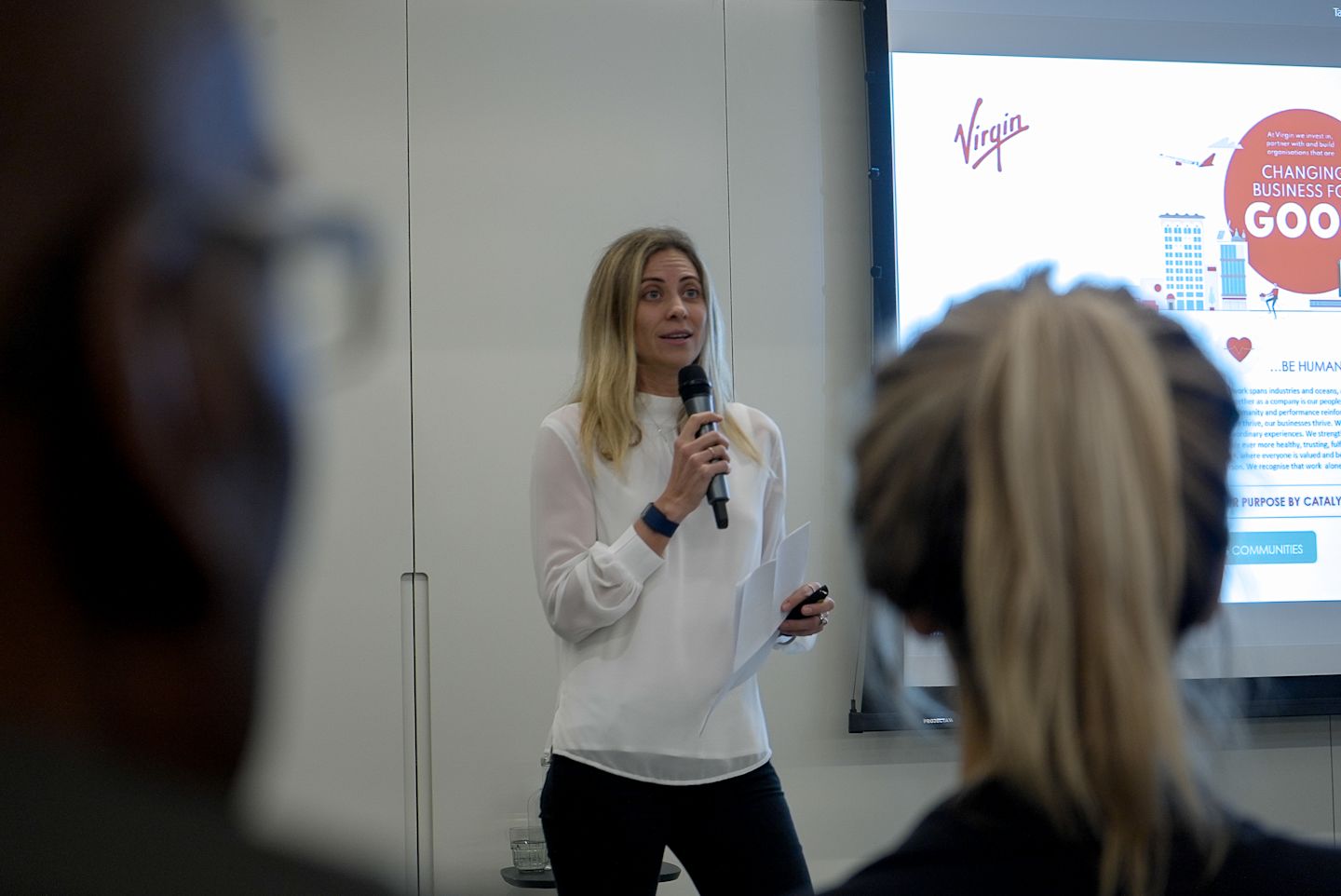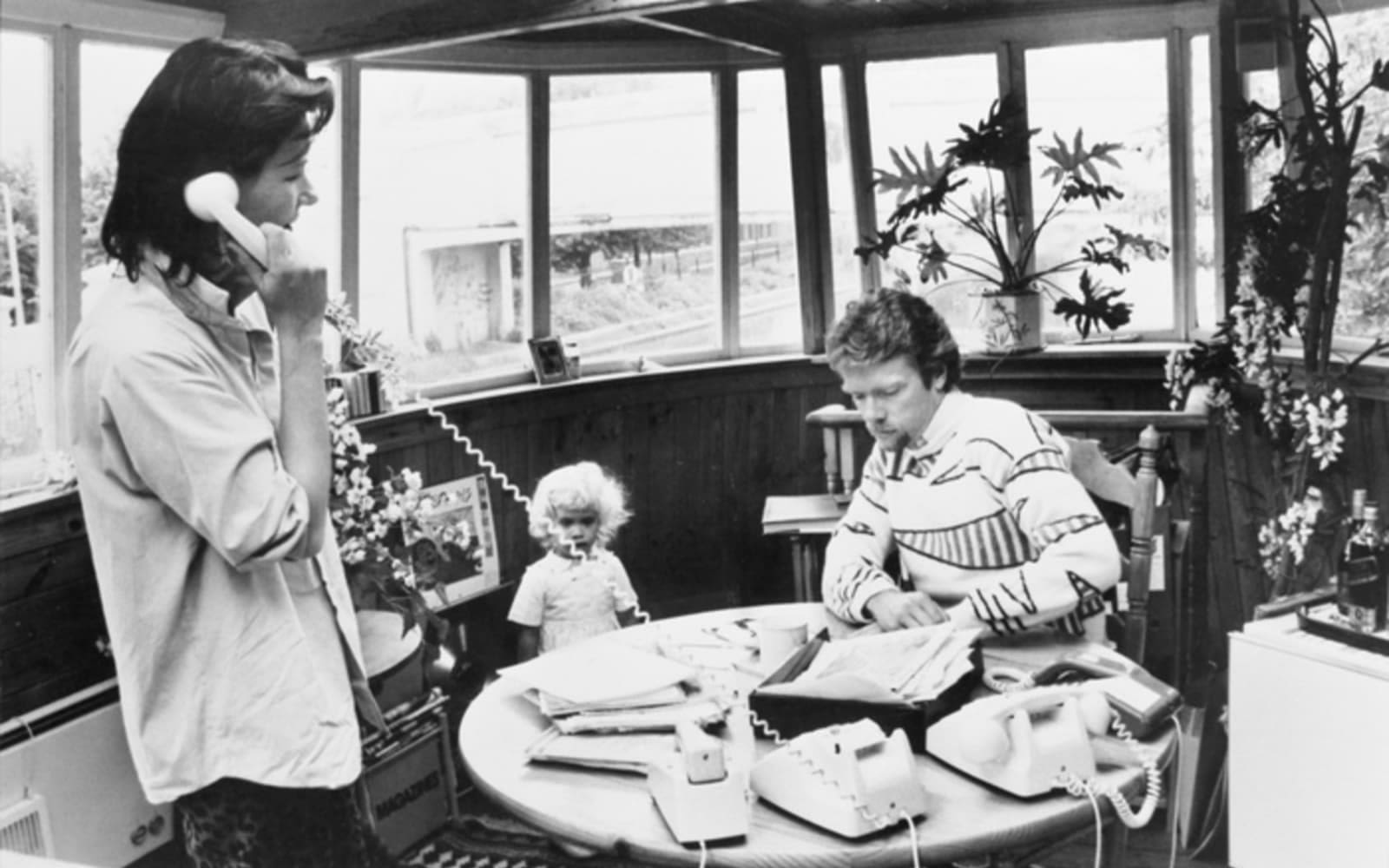Amending our company rules (Articles of Association) to change business for good
In 1970, an economist by the name of Milton Friedman wrote an article in The New York Times that would profoundly influence business leaders around the world, right up to the present day. He believed in shareholder primacy and argued that the sole purpose of a company is to maximise profits for its shareholders. He dismissed the idea that business has any responsibility for "providing employment, eliminating discrimination, avoiding pollution and whatever else may be the catchwords of the contemporary crop of reformers."
Frighteningly, business leaders the world over listened and took note. Coincidentally, in the same year, an intrepid crew of young people who had a passion to do good in the world, combined this passion with a desire to change the business world for good too. From this, Virgin was born!
Unfortunately though, only a minority of business leaders understood that to be successful in the future, their businesses needed to be more human. Most companies wholeheartedly embraced shareholder primacy. This became the arch nemesis of purposeful business and it reigned supreme for decades. Thankfully, a seismic change is finally happening.
As a family and a brand, we’ve never agreed with shareholder primacy. It is NOT the way a purpose-led business (or any business) should be run, and we have always believed that business can (and should) be a force for good in the world. So, in 2021, with Dad and our senior teams’ wholehearted support, Virgin Management, Virgin Red and Virgin Start-Up signed up to support the Better Business Act.
The Better Business Act (BBA) proposes a simple but powerful change to Section 172 of the UK’s Companies Act, 2006. Currently, Section 172 requires directors to prioritise shareholder interests above the interests of people, planet, and communities. The BBA wants businesses to reject shareholder primacy as the default position. Instead, it encourages companies to consider the impact of their decisions on all stakeholders - including employees, the planet, suppliers, and wider communities, alongside shareholders. By doing this, businesses can create long-term value for all stakeholders, instead of just short-term gains for a few shareholders.
I’m delighted to say that we are not alone in wanting this change as over 2,000 other purpose-led businesses have also joined the coalition. It is crucial that as many businesses, across the UK sign up to this wonderful campaign that calls for a positive change to the way business is done, not only in the UK but in the wider world too. You can join the Better Business Act coalition here.
This Wednesday (April 26), we’ll be joining the BBA team and our coalition partners to lobby MPs at Westminster, in the hope to garner and accelerate this small but critical change to UK company law. The momentum is growing, and I really believe this legislative change is coming.
However, as we all know, governments are often slow to embrace change and the change in law is not coming quick enough. So, last year we took the decision to amend our articles of association (the written rules about how your company is run) for Virgin Group Holdings Ltd, Virgin Management Ltd and Virgin Enterprise Ltd. This obligates us to balance all stakeholder interests without having to prioritise shareholders. In doing so, we stand committed to our belief that business should be a force for good in the world and to make sure our purpose: Changing Business for Good, (the reason we exist) is at the heart of our constitution.
I’m proud to say to say that purpose is not new to us. As I wrote earlier, over 50 years ago, Dad and his team wanted to create a brand that puts humans at the heart of business - at a time when people’s wellbeing was not a boardroom consideration.
In the decades since, I believe we have built a culture which prioritises all stakeholders, but this crucial change to our articles is a clear and very public call-out to businesses everywhere to make the same important change.
To support our leadership team and all our people to implement this change in the day-to-day running of our business and when making investment decisions, we developed a ‘Purpose Decision-Making Filter’. The filter not only ensures that we always prioritise all stakeholders, but also that we embed our core ‘Purpose Pillars’ into the heart of every business decision we make. These pillars include flourishing people, thriving communities, a healthy planet for all, and radical collaboration.
By embracing the filter over the last twelve months, I’ve watched all of our teams increasingly question the impact a decision will have on the wider world and wider society. Inevitably, this had led to us taking difficult decisions, including decisions not to take forward otherwise financially attractive business opportunities if they did not meet our purpose criteria.
We’re so proud of the conversations and debates that the purpose filter has brought to all our teams – and the real examples of where it has helped us make the right decisions for the absolute right reasons! I’d encourage all businesses not only to develop a purpose that your company will live by but also to develop ways that your purpose can be used to inform every single decision that your teams make.
Changing our articles of association and implementing a purpose decision making filter is our rallying cry to businesses everywhere: let’s come together and put an end to shareholder primacy.







